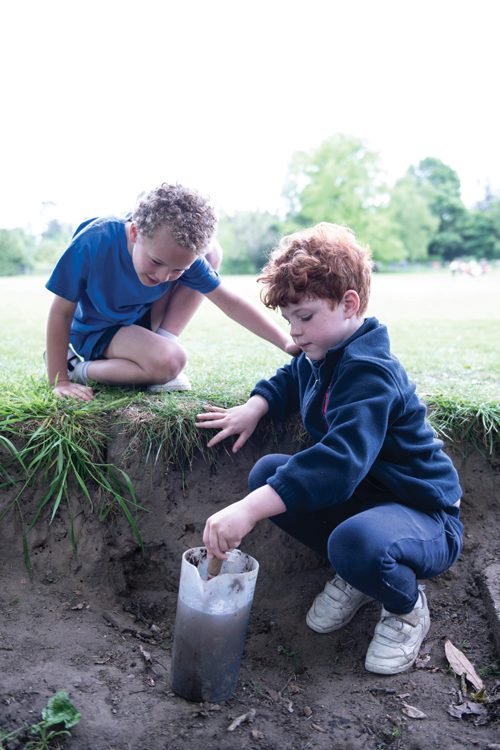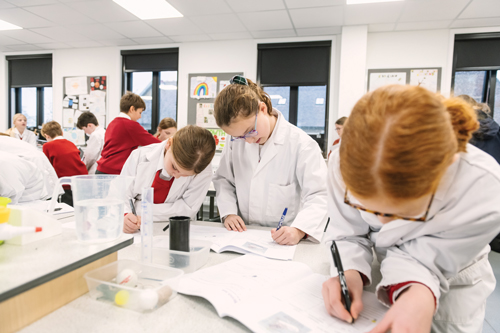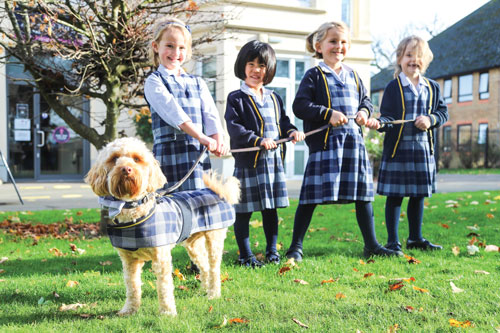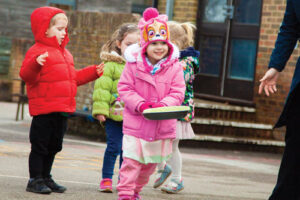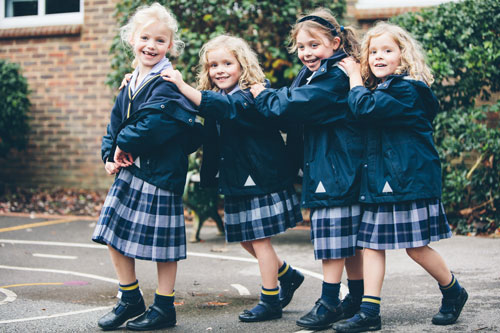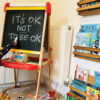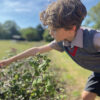
by Becky Hall
author of The Art of Enough
So many of us in everyday life feel that we aren’t enough, or that somehow we don’t do enough. We move between feeling that we lack what we need to meet the challenges of life and feeling that we have too much to do or to cope with in our busy, busy lives. Which is why I think that it’s time to re-claim the idea of ‘enough’ – re-claim it from its association with mediocrity and instead thinking of it as something to aspire to. Learning to accept ‘enough’ will lead you to a happier life.
Let’s start by asking the question, “What is happiness?” We find happiness in the moments when we are aware that we have what matters most to us. When we find ourselves noticing and really appreciating what we do have. It may seem strange but the very act of appreciation and feeling grateful for what we have actually makes us feel happier. Because we realise that what we have is ‘enough’.
Accepting that you are enough is a really practical idea – here are some tips for things you can do to make friends with ‘enough’ so that you can be happier.
1. Focus on what you have and not what you don’t have.
So often in our lives we can find ourselves coming from a place of lack. We don’t have what we want, or things aren’t going as well as we wanted. This automatically tips us into a place of scarcity and triggers our defensive systems. We feel we have to protect ourselves, we hoard, we worry. Happiness comes when we are able to really turn our mind to what we do have. Whether we’re talking about our own inner confidence, or our abilities, or even what we have – finding your way to the feeling that who you are, what you do and what you have is enough is a great route to feeling happier.
2. Notice how you are really feeling.
We are emotional beings. All of us have feelings whether we like it or not. When things are tough, so often many of us just plough on and ignore our emotional reality. But this doesn’t mean our emotions go away – they just fester, ready to burst out when we don’t want them to. So instead of pushing them down – learn to notice your feelings and acknowledge them. Talk about them – let them out. The reason that this is a key to happiness is that when we bring things to light we can deal with them and make choices about how we can re-set.
3. Stop comparing yourself with others.
Have you ever had that feeling that you’re just going about your everyday business, perfectly happy with your lot, and then you see someone you know who, in your mind has just a little bit more of what you have? All of a sudden, your happiness turns into dissatisfaction, and you can get disgruntled – you’ve gone from being quite content to feeling that you don’t have enough. Happiness lies in turning this on its head. Focus on what you have, focus on how it makes you feel and resist the temptation to compare with others. You do you – it’s enough. Getting content with what’s enough for you is a great way of moving away from the magnet pull of comparing with others.
4. Zone in on what matters most to you.
Often we can get so swept up in the busy-ness of our lives that we forget to take a step back, pause and ask ourselves the question, “What really matters most to me?” So stop and ask yourself that question. When you do, it gives a really important perspective on life. Focusing on what matters most to you is a great habit – because again, you are putting your energy into what’s important and what makes you happy.
5. Get good at noticing the small stuff.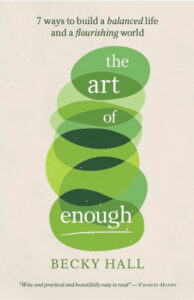
Happiness, like any emotion, is transitory. It’s not a fixed state, nor is it a magic wand that will solve all our problems. Happiness lives in the small everyday moments – if we take the time to stop and notice. That first cup of tea in the morning, the smile from a loved one, the sky on the way to work. Getting into the habit of not just noticing but really appreciating the small things is what helps re-set our emotions to feeling positive.
Becky Hall is an accredited life coach, leadership consultant and is the author of The Art of Enough

